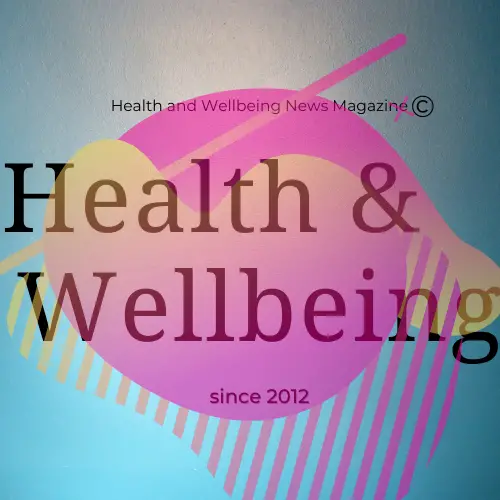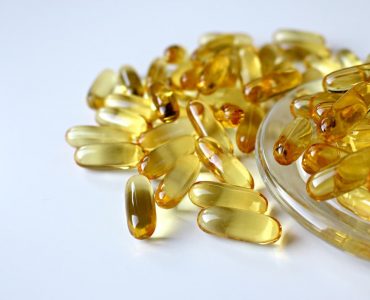Retinol
What is it?
Vitamin A is an essential human nutrient. It is fat soluble and actually refers to a family of similarly shaped molecules called the retinoids.
It’s measured in mcg (micrograms) or iu (international units). 1mcg = 3.33iu.
Vitamin A has many functions and is considered important for well over 100 different disorders which are, therefore, not listed individually here.
| Function | How it helps |
|---|---|
| Healthy vision | Vitamin A is needed by the eye for good night and daytime vision. A deficiency of vitamin A can lead to poor adaptation to changes in light (night blinidness)and a hardening of the lining of the cornea.
|
| Growth and repair | Vitamin A assists growth and development by maintaining good cellular function. Deficiencies can be apparent in the respiratory tract, intestinal tract and skin. Reproductive and foetal health are also affected by deficiency in vitamin A. |
| Healthy skin, immune system and mucous membranes. | Vitamin A is essential for the integrity of the lining and protective mucous secretions of the respiratory tract. |
| Immune Function | The beneficial effect of vitamin A on maintaining function and secretions of the body’s mucosal tissue reduces the risk of the tissue becoming infected. Vitamin A is also essential for the health of the thymus gland (the master gland of the immune system). |
|
Best food sources of Vitamin A
|
||
|---|---|---|
| liver | Kidney | carrots |
| Broccoli leaves | sweet potatoes | kale |
| butter | spinach | leafy vegetables |
| pumpkin | collard greens | cantaloupe melon |
| eggs | apricots | papaya |
| mango | peas | broccoli |
| winter squash | Cod liver oil | |
In addition to the above, all foods that are a rich source of Beta Carotene are potentially a source of vitamin A, as the body is able to convert Beta Carotene into vitamin A.
|
Deficiency Symptoms
|
||
|---|---|---|
| Night blindness | Dry, rough or prematurely aged skin | Loss of appetite |
| Various skin disorders ( e.g. acne, psoriasis) | Dry or inflamed eyes | Impaired growth |
| Increased susceptibility to infection | Dry mouth | Crooked teeth |
| Impaired vision | Hair follicles blocked with cell debris | Drying of the eyes |
Supplementation & Dosage Range
800-2252mcg (2664-7500iu) per day
Generally it is recommended for disorders of the eyes, skin, respiratory and immune system health.
Other information
A deficiency in the mineral Zinc can affect the function of Vitamin A and vice verso.
Taking vitamin A with the mineral Iron is better at correcting Iron deficiency, than just taking Iron on its own.
Many pharmaceutical medicines cause nutrient loss.
Cautions
Vitamin A is one nutrient that if taken in excess can lead to toxicity because it is stored in the liver. Luckily, large amounts consumed over a long period of time need to be consumed before it becomes a problem.
Vitamin A supplementation should not exceed 25,000 iu per day unless directed by your doctor registered naturopath. Typical amounts found in supplements range for 2,500 – 7,500 iu.
The real concern with Vitamin A is the risk of birth defects in pregnancy. Women who are or are planning to be pregnant should always consult with a doctor before supplementing more than 10,000 iu per day.
You should not take high levels of Vitamin A if you are already on the following medication without first consulting your doctor or pharmacist:
Acne drugs that are Vitamin A derived e.g. Tretinoin, Isotretinoin
Statin Cholesterol lowering medication (HMG-CoA reductase inhibitors)
The anti-convulsant sodium valproate or valproic acid, as they may interfere with the body’s safe management of vitamin A.
When this article was written there was no other well-known negative drug interactions with vitamin A.
|
Factors which deplete levels, impair absorption and/or inhibit activity:
|
||
|---|---|---|
| Fat blocking agents | Ulcerative colitis | Cortisone |
| Antacids | Scarlet Fever | Neomycin |
| Aspirin | Nephritis | Some respiratory infections. |
| Anti-coagulants | Barbiturates | Liver Dysfunction |
| Mineral oil | Impaired pancreas function | Hyperthyroidism |





